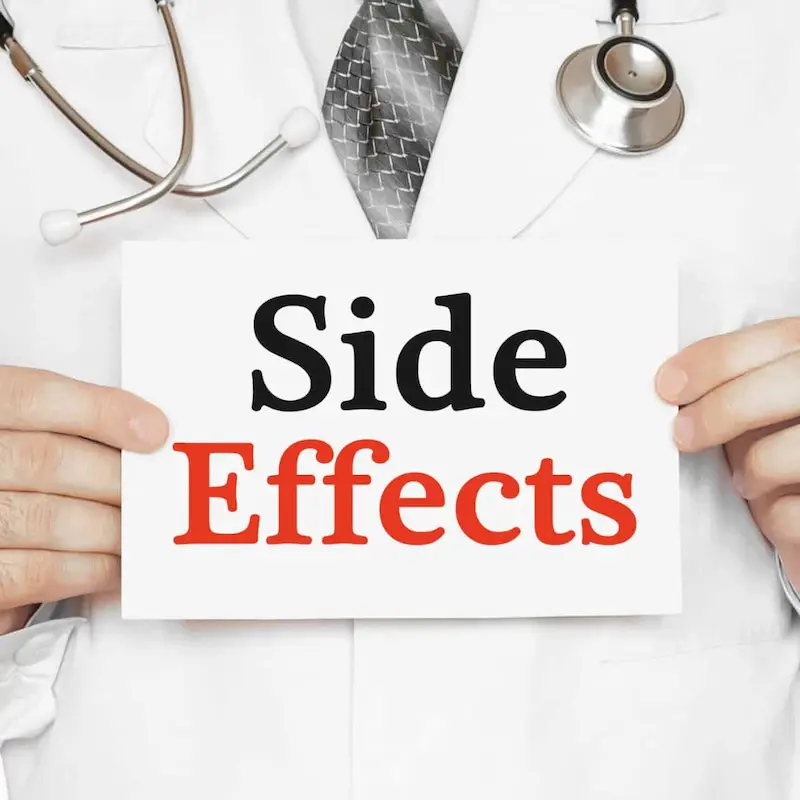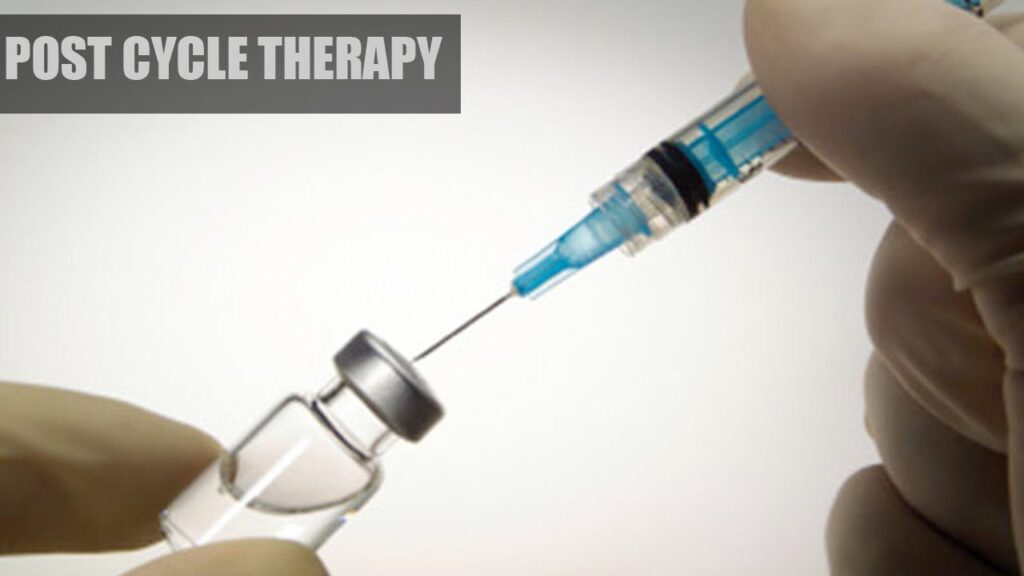Primobolan is an anabolic steroid that has garnered attention within bodybuilding communities for its qualities and effects. Known chemically as Methenolone, Primobolan is often used in cycles by athletes looking to gain muscle mass and strength while minimizing unwanted side effects. It’s usually administered in two forms: as an injectable (enanthate) and an oral compound (acetate), each with its distinct dosing protocols and duration of effectiveness.
When planning a Primobolan cycle, it’s imperative to understand the characteristics of the steroid, its interaction with the body, and the expected outcomes. Users often seek the lean muscle gains it reputedly delivers, alongside its purported mild impact on estrogen levels, which can reduce the risk of some adverse effects. As with any anabolic steroid, a Primobolan cycle must be approached with a clear plan that includes dosages, cycle length, and consideration for other compounds that may be used in conjunction.
Carefully managing any side effects and risks associated with steroid use is crucial, and that includes post-cycle therapy to help restore natural hormone levels. Understanding legal considerations and potential health implications is also a necessary step for anyone considering a Primobolan cycle. For advanced users, knowledge of how Primobolan might be stacked with other anabolic steroids for synergistic effects is often exploited to achieve specific bodybuilding goals.
Quick Summary
- Primobolan is used for its lean muscle gain potential and mild impact on estrogen levels.
- An effective Primobolan cycle requires careful planning of dosages, length, and potential stacks with other compounds.
- Managing risks with post-cycle therapy and adherence to legal and health guidelines is essential for safety.
Understanding Primobolan

Primobolan, a brand name for the anabolic steroid methenolone, presents unique characteristics in its chemical profile and effects. It is derived from dihydrotestosterone (DHT) and is available in both oral and injectable forms, with distinct anabolic and androgenic effects.
Chemical Profile
Methenolone, the active substance in Primobolan, belongs to the class of drugs known as anabolic-androgenic steroids (AAS). Its molecular structure is reflected in its resistance to liver breakdown, which influences the effectiveness and longevity of the drug, particularly in its oral form.
- Chemical Name: Methenolone (17β-hydroxy-1-methyl-5α-androst-1-en-3-one)
- Molecular Weight: 344.488 g/mol (Methenolone Enanthate)
- Anabolic/Androgenic Ratio (range): 88:44-57
Anabolic and Androgenic Effects
Methenolone has a reputation for its anabolic effects that promote muscle growth and physical performance enhancements. Its androgenic effects are considered to be mild compared to other steroids, yet they are not nonexistent.
- Anabolic Effects:
- Increase in muscle mass
- Enhanced protein synthesis
- Improved muscle repair and recovery
- Androgenic Effects (lower in comparison to anabolic effects):
- Potential for male pattern baldness
- Risk of acne
- Body hair growth
Methenolone Types: Oral and Injectable
Methenolone is formulated as either an oral or injectable steroid, each varying in their ester composition and thus their pharmacokinetics.
Oral Primobolan
- Known as Methenolone Acetate
- Shorter half-life
- Frequent dosing required
Injectable Primobolan
- Known as Methenolone Enanthate
- Longer half-life
- Allows for less frequent dosing
References
Planning a Primobolan Cycle

When planning a Primobolan cycle, one needs to consider clear objectives, adhere to dosage guidelines, and establish an appropriate cycle duration to maximize potential benefits while minimizing risks.
Cycle Objectives
Each individual may have different goals for a Primobolan cycle. Beginners often seek lean muscle gains without water retention, whereas intermediate and advanced bodybuilders might aim for more significant enhancement in muscle mass and performance.
- Beginners: Aim for lean muscle mass with minimal side effects.
- Intermediate: Look for further muscle development and strength.
- Advanced: Often combine with other steroids for maximum anabolic effects.
Dosage Guidelines
Primobolan dosages vary based on experience level and the form of administration (oral or injectable). For injectable Primobolan (Methenolone Enanthate), the following dosages are typically used:
- Beginners: 300-400 mg per week
- Intermediate: 400-700 mg per week
- Advanced: 800-1000 mg or higher per week
Oral Primobolan (Methenolone Acetate) dosages may require more frequent administration due to a shorter half-life:
- All Levels: 50-150 mg per day
Cycle Duration
The length of a Primobolan cycle may also depend on the user’s experience and intended outcomes. It’s crucial to balance cycle length with rest periods to maintain natural testosterone production and overall health.
- Typical duration: 8-12 weeks
- Extended cycles: Up to 20 weeks for well-tolerated individuals
Potential Benefits and Results

When examining the effects of Primobolan, one should note it is reputed for aiding in the building of lean muscle mass and enhancing muscle definition without excessive water retention.
Muscle Mass and Strength Gains
Primobolan is known for its ability to facilitate the growth of muscle mass and strength. It is said to improve muscle growth by boosting protein synthesis and nitrogen retention, essential factors for muscle repair and growth. Users often report a slow yet steady increase in lean muscle tissue over the cycle.
- Protein Synthesis: Increases, leading to muscle repair.
- Nitrogen Retention: Elevated, promoting an anabolic environment.
Fat Loss and Muscle Definition
This anabolic steroid is also associated with fat loss and improved muscle definition. Its fat loss properties arise from its ability to help sustain lean muscle tissue while in a caloric deficit.
- Fat Loss: Supports a reduction in body fat levels.
- Muscle Definition: Enhances visibility of lean muscle mass.
Managing Side Effects and Risks

When undertaking a Primobolan cycle, users must be aware of potential side effects and have strategies in place to mitigate risks, particularly concerning estrogenic and androgenic effects as well as liver toxicity and cardiovascular health.
Estrogenic and Androgenic Side Effects
Primobolan is an anabolic steroid known for its low estrogenic activity. However, it can still lead to some estrogenic side effects such as:
- Gynecomastia
- Water retention
To manage these side effects, it may be advisable to have selective estrogen receptor modulators (SERMs) such as tamoxifen on hand. In contrast, its mild androgenic side effects can include:
- Acne
- Hair loss
- Increased body hair
For those susceptible to hair loss, the concurrent use of a 5-alpha reductase inhibitor like finasteride may be beneficial.
Liver Toxicity and Cardiovascular Risks
Although Primobolan is less hepatotoxic than many other oral anabolic steroids, it can still present a risk to liver health. Regular liver function tests can aid in monitoring health. Utilizing supplements known to support liver health, such as milk thistle, can also be beneficial.
Cardiovascular risks include possible changes in cholesterol levels and blood pressure. Maintain a diet low in saturated fats and engage in cardiovascular exercise to support heart health. Regular monitoring by a medical professional is recommended to manage these risks.
References
- Selective Estrogen Receptor Modulators (SERMs): https://www.ncbi.nlm.nih.gov/pmc/articles/PMC2072879/
- 5-alpha reductase inhibitors: https://www.ncbi.nlm.nih.gov/pmc/articles/PMC4017085/
- Liver health supplements for steroid users: https://www.ncbi.nlm.nih.gov/pmc/articles/PMC6155869/
Post-Cycle Therapy and Legal Considerations

Following a Primobolan cycle, it’s crucial to understand the necessary steps for hormonal recovery and the legal implications of anabolic steroid use.
Recovery After the Cycle
Post-cycle therapy (PCT) is a protocol used to restore the user’s natural testosterone production after a cycle of anabolic steroids like Primobolan (methenolone enanthate). Clomid (clomiphene citrate) is often prescribed as part of PCT to stimulate the body’s natural hormonal function. PCT may also include testosterone enanthate to help maintain normal testosterone levels until the body can resume its natural production.
- Typical PCT Regimen:
- Week 1-2: Clomid 50 mg/day
- Week 3-4: Clomid 25 mg/day
Legal Status and Alternatives
Primobolan, also known as methenolone enanthate, is a controlled substance in many countries and possession without a prescription is illegal. Due to the legal risks and potential Primobolan side effects, individuals may seek legal steroid alternatives. These alternatives are usually composed of natural substances designed to support the body’s testosterone production without the legal constraints of anabolic steroids.
- Legal Alternatives:
- Natural testosterone boosters
- Supplement blends for hormonal health
Note: Always consult with a healthcare professional before starting any new supplement or therapy.
References
- Clomid (clomiphene citrate): https://www.drugs.com/clomid.html
- Testosterone Enanthate: https://www.drugs.com/mtm/testosterone-enanthate.html
- Legal Steroid Alternatives: https://www.ncbi.nlm.nih.gov/pmc/articles/PMC6928741/
Stacking and Advanced Applications

The practice of stacking involves the combination of Primobolan with other anabolic steroids to maximize the effects of a cycle. Advanced users may adopt specific protocols to enhance their bodybuilding goals, particularly during cutting cycles to prevent muscle loss.
Combining Compounds
Advanced users often combine Primobolan with compounds like Anavar and Winstrol to amplify results during a cutting cycle. Anavar is known for its ability to add lean muscle mass and increase strength without significant side effects. Winstrol, while also effective for cutting, may provide added strength and improve muscle definition.
- Anavar: Effective for lean mass gains, minimal side effects.
- Winstrol: Increases strength, enhances muscle definition.
Advanced User Protocols
For advanced steroid users, managing the delicate balance between maximizing efficacy and minimizing side effects is crucial. Specific dosages will vary, but experienced users may opt for higher doses of Primobolan, often ranging from 600mg to 1000mg per week. These protocols are tailored to preserve muscle during calorie deficits.
Cutting Cycle Example:
- Weeks 1-8: Primobolan 800mg/week + Winstrol 50mg/day
- Weeks 9-12: Primobolan 800mg/week + Anavar 80mg/day
Primobolan for Female Users
Primobolan is often recommended for female users due to its milder nature and lower risk of virilization symptoms compared to other steroids. Females utilizing Primobolan may limit cycles to shorter durations and lower dosages to prevent virilization while still achieving lean muscle gains. Suggested protocols for female users include 50mg to 100mg of Primobolan per week.
- Female Cutting Cycle: Primobolan 100mg/week for 6-8 weeks.
Note on Virilization: It is a condition where women develop male characteristics (deepening voice, increased body hair) which may occur if androgenic steroids are used in high doses or for extended periods.
References
- Anavar profile: https://www.drugbank.ca/drugs/DB01420
- Primobolan dosing guidelines for advanced users and females: https://www.mayoclinic.org/steroids/art-20045692
Frequently Asked Questions

What benefits can be expected from using Primobolan during a cycle in bodybuilding?
Primobolan, due to its anabolic nature, promotes lean muscle mass growth with minimal water retention. It is particularly noted for preserving muscle tissue during caloric deficits, which is critical during the cutting phases.
What specific considerations should females have in mind when planning a Primobolan cycle?
Females should approach Primobolan cautiously because even though it has lower androgenic effects compared to other anabolic steroids, the risk of virilization still exists. Careful dosage adjustment and monitoring of side effects are essential.
How does a Primobolan cycle impact muscle gains and performance enhancement results?
Primobolan can lead to moderate muscle gains and performance enhancement, especially in strength and endurance. Its effects are more subtle compared to stronger steroids, making it a preferred choice for athletes looking for steady gains with less risk of side effects.
What are the recommended dosages when stacking Primobolan with testosterone?
When stacking Primobolan with testosterone, typical dosages range from 200 to 400 mg per week of Primobolan with a low to moderate dose of testosterone to avoid estrogenic side effects.
What is the typical duration of a cycle for Primobolan and how does it affect its efficacy?
The typical Primobolan cycle lasts between 8 to 12 weeks. Shorter cycles may not provide significant benefits, and longer cycles could increase the risk of side effects without substantial efficacy improvement.
How does Primobolan interact with the body’s natural testosterone production?
Primobolan can suppress the body’s natural testosterone production, although to a lesser extent than other steroids. Post Cycle Therapy (PCT) is often recommended to aid the body in restoring natural testosterone levels following a Primobolan cycle.
